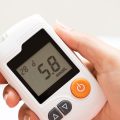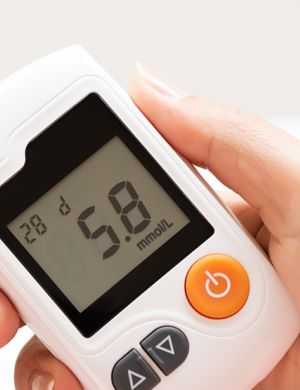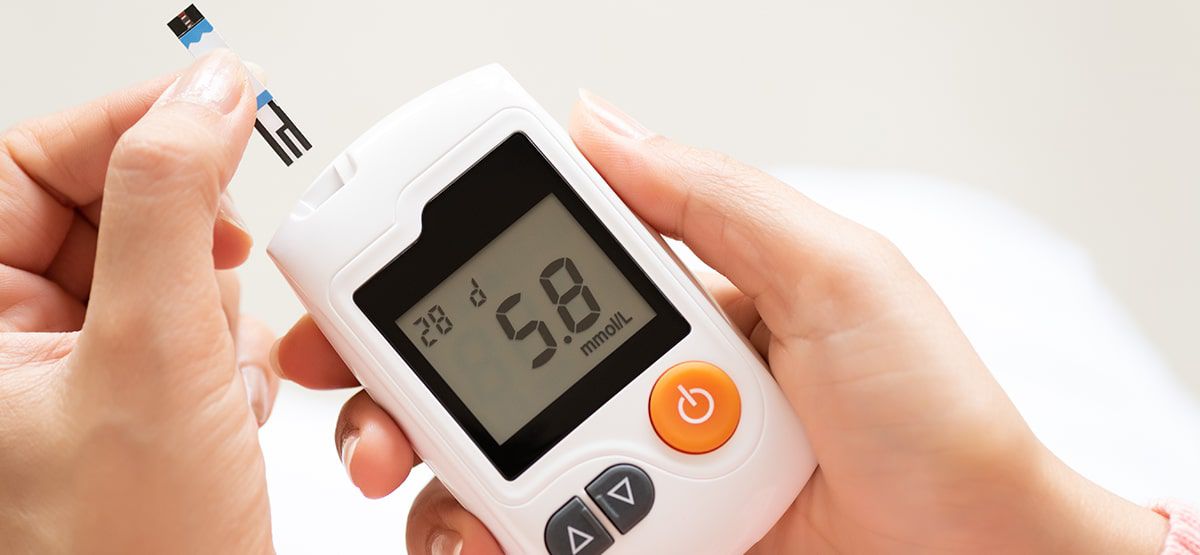
TGA: Regulatory Impact Statement – Proposed Regulatory Scheme for Personalised Medical Devices, Including 3D-Printed Devices
Advances in medical technology continue to create major opportunities for improved healthcare in Australia. New and emerging technologies are rapidly transforming the types of medical devices available, including those designed specifically for individual patients. In situations where commercially available, mass‑produced devices cannot meet a patient’s clinical needs, healthcare professionals may create or commission custom‑made devices tailored to the individual.
Despite clear benefits, personalised medical devices also present risks, and global attention on medical device safety has increased. Several high‑profile cases have raised concerns about the effectiveness of existing regulatory frameworks, prompting regulators—including the TGA—to strengthen oversight of device manufacturing and supply.
Recent reviews of medicines and medical device regulations, along with multiple Senate inquiries, have highlighted the need for enhanced regulatory focus on personalized medical devices.
The term “personalized medical device” is broad and encompasses multiple device types designed to meet an individual’s needs. These may currently be regulated as:
- Custom‑made medical devices
- Medical devices assembled or adapted for an individual
- Medical devices incorporating materials of human origin
This Regulatory Impact Statement supports consideration of whether regulatory reforms should be introduced for medical devices manufactured for specific patients. These devices fall under the current framework through:
- The definition and exemption pathway for custom‑made medical devices
- Section 41BG of the Therapeutic Goods Act 1989, which captures devices already supplied but intended to be assembled or adapted for a particular individual
- Biologicals regulations applicable to devices incorporating human‑origin materials
Personalized medical device manufacturers are not required to undergo third‑party evaluation. Instead, they may rely on an exemption pathway requiring them to:
- Notify the TGA that they are supplying particular personalized devices
- Maintain written records for each device supplied and report any adverse events or recalls, keeping records for at least five years
Compared with other medical devices, custom‑made devices are regulated differently in four major ways:
- Conformity assessment procedures
- Compliance with Essential Principles
- Exemption from ARTG inclusion
- Record‑keeping and reporting obligations
Don’t miss out! Click here to stay in touch.
Categories
- Biopharma (59)
- Consumer Health (22)
- Cosmetics (11)
- Diagnostics (5)
- Digital Health (8)
- Food (2)
- Medical Device (113)
- OTC (5)
- Regulatory Intelligence (13)
- Standards (41)
Recent Blogs
Get the latest updates from Vistaar

Related Posts
CONNECT WITH US

Let's talk about how Vistaar can help you





